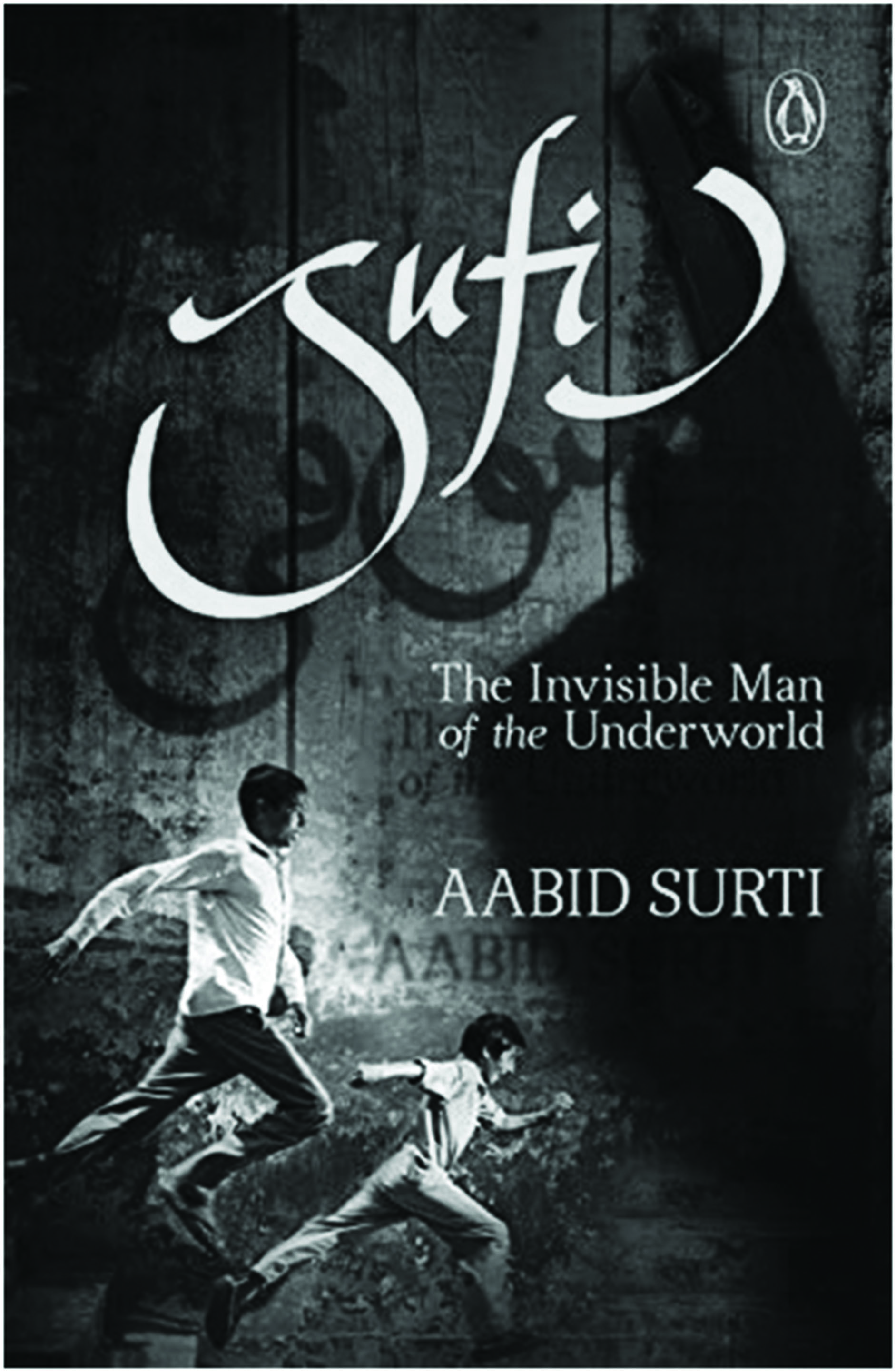Iqbal, aka Sufi and Aabid, the author, grew up in different households in Dongri, went to the same school and faced nearly similar circumstances at home. Their lives never intersected, and they did not witness each other’s trials and tribulations. Iqbal’s father, who dealt with contrabands for the most part of his life, wanted his son to become a doctor and earn respectably, whereas Aabid’s father had no such ambition. The obligation of having to provide for the family came early to both and drove the lives of these two men.
From being a footman to a well-known smuggler, Iqbal’s journey is full of twists and turns. Family circumstances and a corrupt police officer impel him into the world of crime. Iqbal, unlike others in his trade, does not drink or smoke, or resort to violence. He is not lured by women, does not miss a prayer, and above all, he is the most honest person in the business, which make him indispensable to all his masters. Aabid often refers to his brain as a computer. Iqbal seems both infallible and immortal.
The book takes the reader into Iqbal’s inner self which constantly battles with questions of ethics and conscientiousness. But somehow his circumstances blur the lines between right and wrong. Iqbal’s reflections over his actions build suspense by keeping the reader guessing which part of him would win out; if he could accumulate wealth and start a business of his own, why did he let himself drown deep into the muck of smuggling? Is the path inevitable for a person born and brought up in those circumstances?

